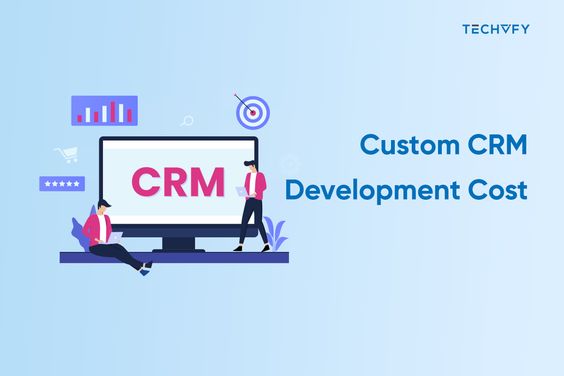
In today’s highly competitive business environment, understanding and targeting high-value customers is crucial for sustained growth and profitability. High-value customers, often characterized by their frequent purchases, high spending, and loyalty, contribute significantly to a company’s revenue. Customer Relationship Management (CRM) systems provide powerful tools and insights to identify and target these valuable customers effectively. Here’s how CRM can help businesses recognize and engage their high-value clientele.
Comprehensive Customer Data Collection
CRM systems centralize customer data from various touchpoints, including sales transactions, customer service interactions, social media engagement, and website activity. This comprehensive data collection provides a holistic view of each customer, enabling businesses to analyze purchasing patterns, preferences, and behaviors. By aggregating and organizing this data, CRMs make it easier to identify customers who consistently generate high revenue or exhibit potential for long-term value.
Segmentation and Profiling
Effective customer segmentation is key to targeting high-value customers. CRM systems allow businesses to segment their customer base into distinct groups based on criteria such as purchase history, demographics, geographic location, and engagement levels. By creating detailed customer profiles, businesses can distinguish between casual shoppers and high-value customers. This segmentation helps tailor marketing efforts and service delivery to meet the specific needs and preferences of each group, ensuring that high-value customers receive the attention they deserve.
Predictive Analytics and Scoring
Advanced CRM systems incorporate predictive analytics and customer scoring models to identify high-value customers. These tools analyze historical data to predict future behaviors and value. For instance, predictive models can forecast which customers are likely to make repeat purchases or respond positively to upselling and cross-selling efforts. Customer scoring assigns a value or score to each customer based on their purchasing patterns, engagement levels, and profitability. By focusing on customers with high scores, businesses can prioritize resources and efforts on those who are most likely to drive substantial revenue.
Personalized Marketing Campaigns
Once high-value customers are identified, CRM systems enable businesses to create highly personalized marketing campaigns. Personalized marketing increases engagement and conversion rates by delivering relevant and timely messages tailored to individual customer preferences. For example, a CRM can trigger personalized email campaigns offering exclusive discounts, loyalty rewards, or early access to new products. This targeted approach not only enhances customer satisfaction but also fosters loyalty and encourages repeat business.
Enhanced Customer Service and Support
High-value customers expect exceptional service and support. CRM systems empower customer service teams with detailed customer profiles and interaction histories, enabling them to provide personalized and efficient support. By addressing high-value customers’ inquiries and issues promptly and effectively, businesses can enhance their overall experience and strengthen their loyalty. Additionally, CRM systems can automate follow-up processes, ensuring that high-value customers receive consistent and proactive communication.
Monitoring and Feedback
Continuous monitoring and feedback collection are essential for maintaining strong relationships with high-value customers. CRM systems track customer interactions and feedback across multiple channels, allowing businesses to stay informed about their satisfaction levels and preferences. By regularly reviewing this feedback, businesses can identify areas for improvement and adapt their strategies accordingly. This ongoing engagement helps to reinforce the value placed on high-value customers and demonstrates a commitment to meeting their needs.
Optimizing Sales Strategies
CRM systems provide valuable insights that can optimize sales strategies aimed at high-value customers. Sales teams can use CRM data to identify cross-selling and upselling opportunities, recommend complementary products or services, and tailor sales pitches to individual customer needs. Additionally, CRM systems can track the effectiveness of different sales approaches, enabling teams to refine their strategies and maximize their impact on high-value customers.
Leveraging Loyalty Programs
Loyalty programs are a proven way to retain high-value customers and encourage repeat business. CRM systems can manage and optimize loyalty programs by tracking customer participation, reward redemption, and engagement levels. By integrating loyalty program data with customer profiles, businesses can design more attractive and personalized rewards that resonate with high-value customers. This targeted approach to loyalty programs strengthens customer relationships and incentivizes ongoing loyalty.
Conclusion
Identifying and targeting high-value customers is essential for any business looking to maximize revenue and achieve sustainable growth. CRM systems provide the tools and insights needed to recognize these valuable customers and engage them effectively. Through comprehensive data collection, segmentation, predictive analytics, personalized marketing, enhanced customer service, continuous feedback, optimized sales strategies, and tailored loyalty programs, CRM systems help businesses build strong, lasting relationships with their most profitable customers. By leveraging the power of CRM, companies can ensure that high-value customers receive the attention and service they deserve, driving long-term success and profitability.